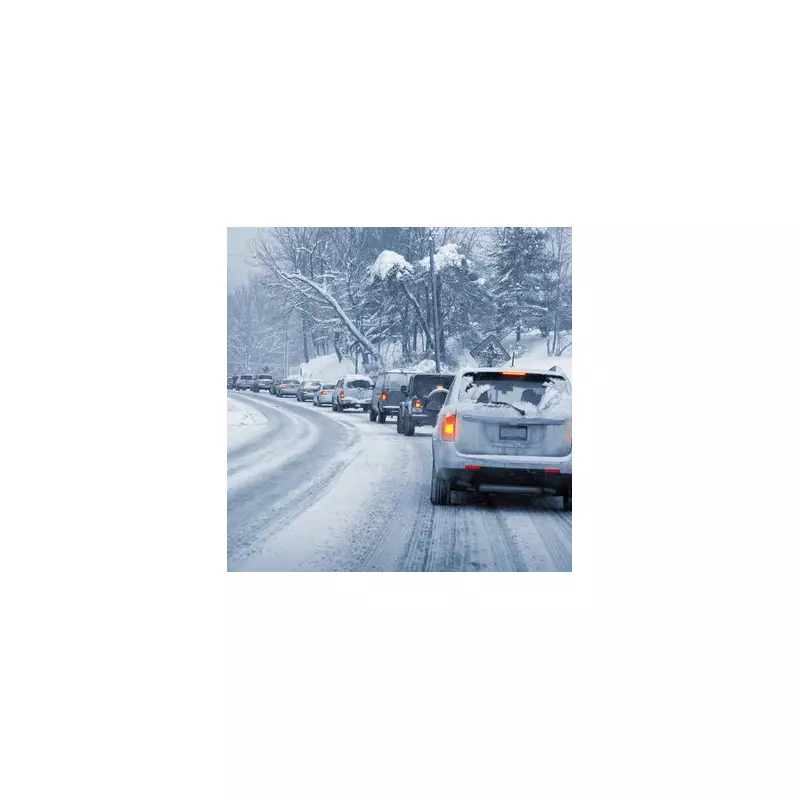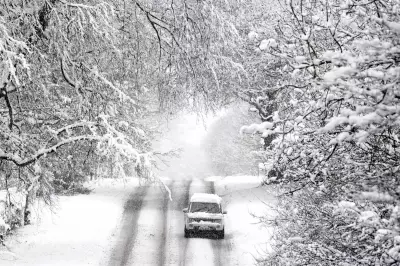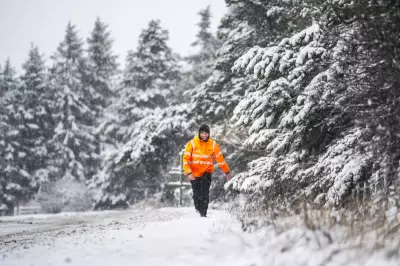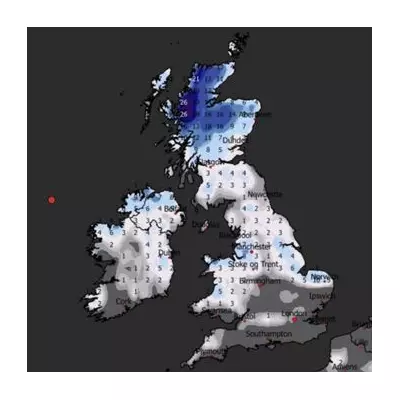
The Met Office has issued a stark warning for a 'widespread wintry spell' set to hit the UK next week, with a 'wall of snow' predicted for many areas.
Forecasters anticipate significant snowfall will impact Scotland, Northern Ireland, northern England, and potentially North Wales. In response, a leading driving expert is urging motorists to take immediate action to prepare their vehicles for the harsh conditions, highlighting the risk of fines for those who fail to do so properly.
Essential Vehicle Preparation for Winter
According to Mike Thompson, Chief Operating Officer at Leasing Options, proactive preparation is key to safety and avoiding penalties. He strongly recommends fitting winter tyres for enhanced grip and control on snowy and icy roads.
Thompson also advises drivers to ensure their vehicles are topped up with winter-specific screen wash to prevent freezing and effectively clean off grit salt, and anti-freeze to protect the engine from damage.
Furthermore, keeping an emergency kit in your car is deemed essential. This should include items such as:
- An ice scraper and shovel
- A blanket and warm clothes
- A flashlight
- A first aid kit
- A basic toolkit
Safe Driving Techniques and Legal Risks
Before any winter journey, Thompson emphasises the critical importance of fully clearing all snow and ice from your vehicle. This includes the windscreen, windows, and notably, the roof.
"Snow left on the roof can slide down onto the windscreen as it melts, obstructing your view and creating a hazard," he said.
Failure to clear your windows properly can have serious legal consequences. Driving with impaired visibility could lead to a £60 fine and three penalty points, with potential dangerous driving charges if the police deem the offence severe.
When on the road, motorists must adapt their driving style. This means reducing speed, making gentle manoeuvres, and leaving a much greater distance between you and the vehicle in front to account for longer stopping distances.
If you do start to skid, Thompson's advice is clear: "Avoid breaking harshly or pulling the car in the opposite direction. Instead, gently steer towards the direction that you are skidding to maintain control over the vehicle."





